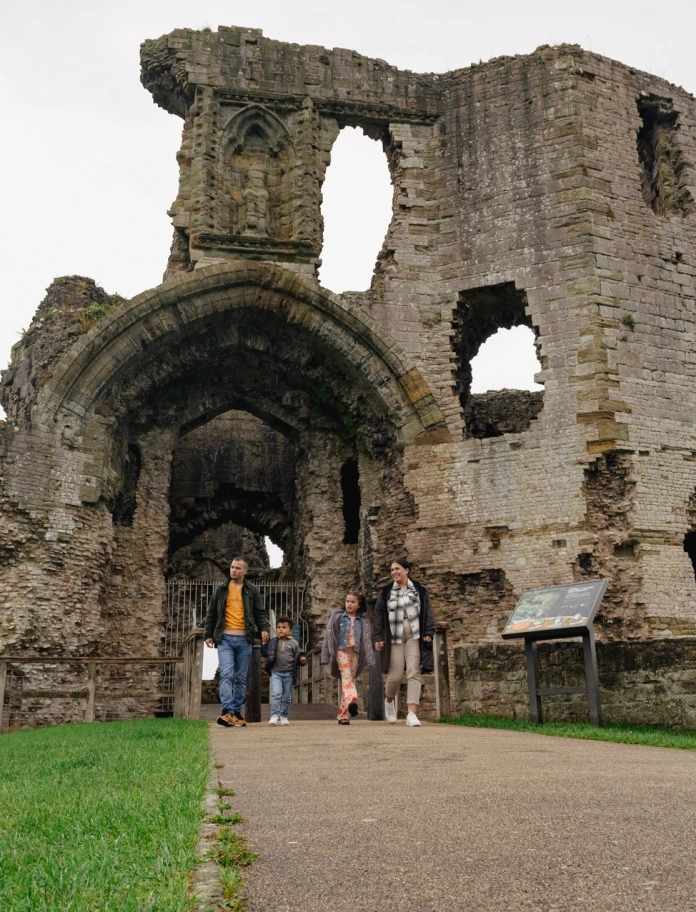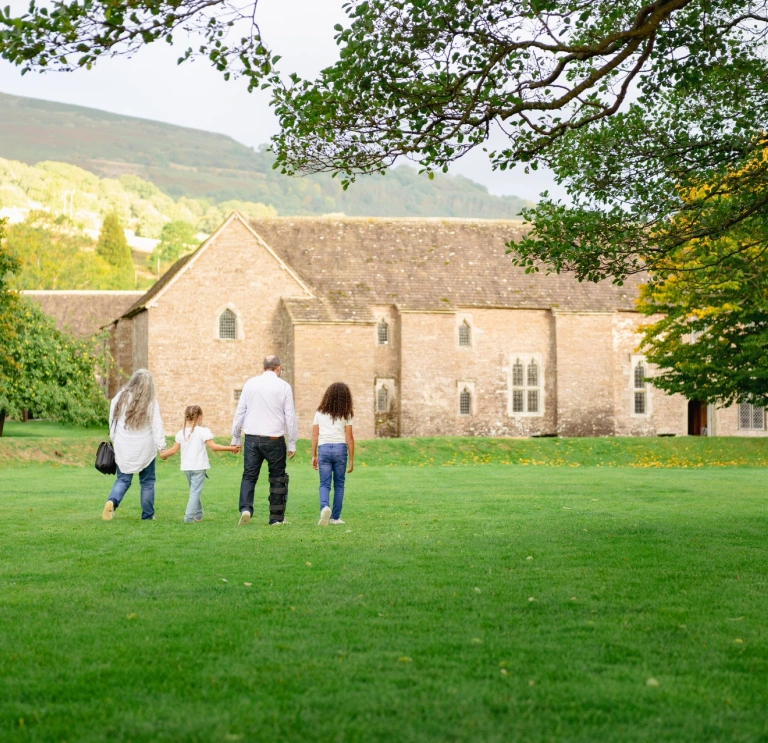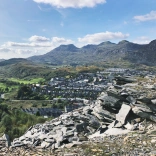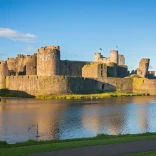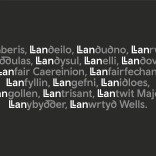Whether you’re certain of your family’s ties to Wales or – perhaps due to an unexplained fondness for Welshcakes and dragons – you’ve always suspected you may in fact be a bit Welsh, researching any possible Cymru (Wales) connections in your past can help bring your family history to life and uncover a part of your heritage you may know little about.
The good news is there are a lot of resources to help you shine a spotlight on potential Welsh ancestry. The bad news is our formerly unimaginative approach to surnames in Wales makes research notoriously difficult, with countless Joneses, Williamses and Davieses likely to have been born in any given region in any given year. Things are made more complicated still with both family names and place names switching between the Welsh and English spellings on official documents.
But fear not budding family biographers! Here we walk you through the first steps in tracking down your Welsh ancestors, with details on the main archive resources that could prove helpful and information on how to access them.
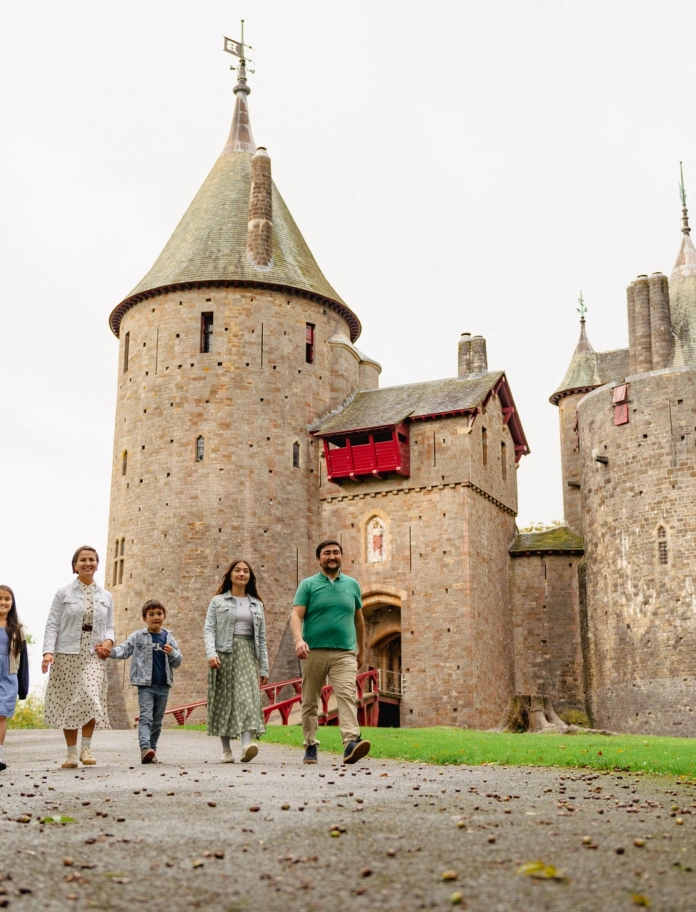
The lay of the land
The best first step when it comes to ancestry research is to compile as much information from family members and family friends as possible. The more information you have the easier your search will be. For example, if you know your ancestors were employed in the mining industry (something that brought many people to Wales during the 19th and 20th centuries), you’ll have a much better base to start from.
Once general family info has been gleaned, there are seven primary forms of document that can help you piece historic lives together, namely: census data, church (marriage and burial) registers, employment records, crime records and archival newspapers, plus chapel records and local maps.
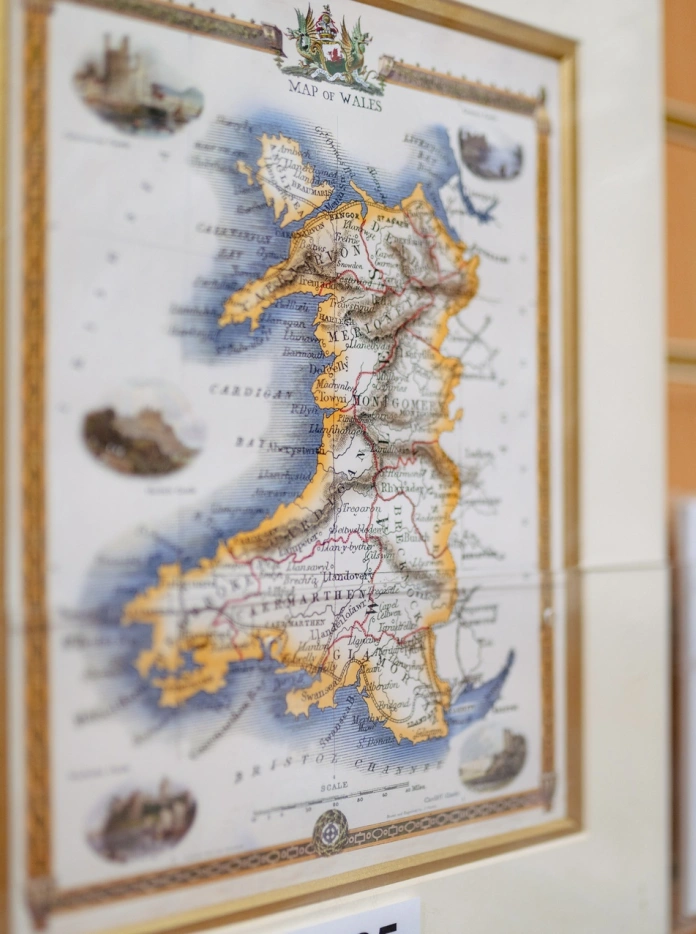
Chapel records are particularly useful in Wales because the country had a proportionally high number of non-conformists, who, as a result, may be absent from church parish records. With Wales being a largely rural country, maps – both newer general ordnance and older tithe maps – can also play an important role. Particularly in the instance you’re aware of an ancestral town or village, as old maps may help you pinpoint the nearest church or graveyard (which is the most logical place a local person would have been married or buried, and thus have records on file there).
Before you begin scouring archives, however, it is wise to familiarise yourself with the historical layout of Wales, which will ensure you are looking at source material corresponding to the correct part of the country. For most research, you’ll need to use the 13 old counties of Wales (which were in place between 1536 to 1974). These are: Anglesey, Breconshire, Caernarfonshire, Cardiganshire, Carmarthenshire, Denbighshire, Flintshire, Glamorgan, Merionethshire, Monmouthshire, Montgomeryshire, Pembrokeshire and Radnorshire.
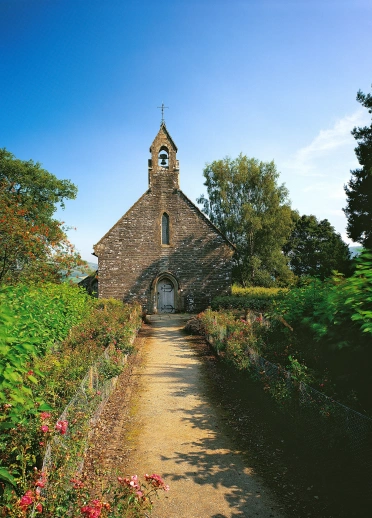
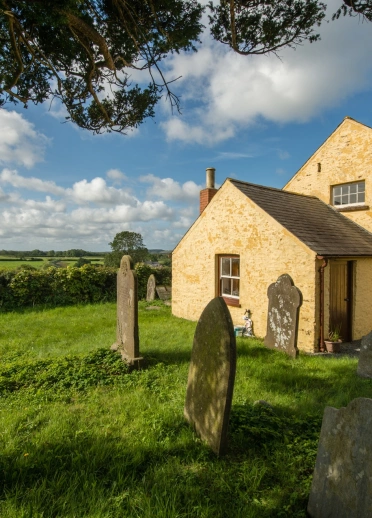
Start sleuthing
There are plenty of resources to get your search underway, both online and offline.
If you’re able to make the journey to Wales, the best place to begin is at the National Library of Wales, located in Aberystwyth. The library holds a wealth of birth, death and marriage registers, crime records, census documents, a new broadcast archive (the only one of its kind in the UK!), and a variety of historical maps for visitors to puruse all under one roof. There are also staff on hand to assist with queries.

However, a number of the library’s databases are also available online and are free to access. These include a 15-million strong catalogue of historic Welsh newspaper cuttings (newspapers are useful for marriage announcements, general news stories and obituaries), a searchable archive of wills proved in the Welsh Ecclesiastical courts (before 1858), and crime files of the Court of Great Sessions in Wales (from 1730 until its abolition in 1830). The library also has an index of 300,000 historical maps online, available to browse for free.

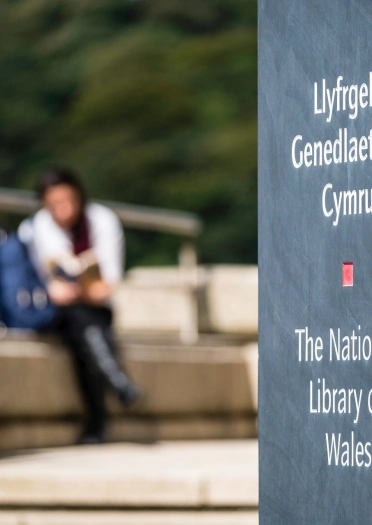

If you believe your ancestor worked as either a miner or a mariner in Wales, then this could make your search a little easier, thanks to dedicated archives for both professions. For mining, the Glamorgan Archives, located just outside of Cardiff, and the Richard Burton Archives, in Swansea University, have a wealth of info on individuals who spent their days underground. Online, the Welsh Coal Mines website, has general overviews to each pit, including their locations and when they operated, as well as a list of the many people known to have sadly lost their lives in Welsh mines. The Morwyr Cymru website for mariners is even more thorough, boasting a searchable index of over 23,000 Welsh merchant mariners, plus details of Welsh sailors serving in the Royal Navy from 1795 to 1815.
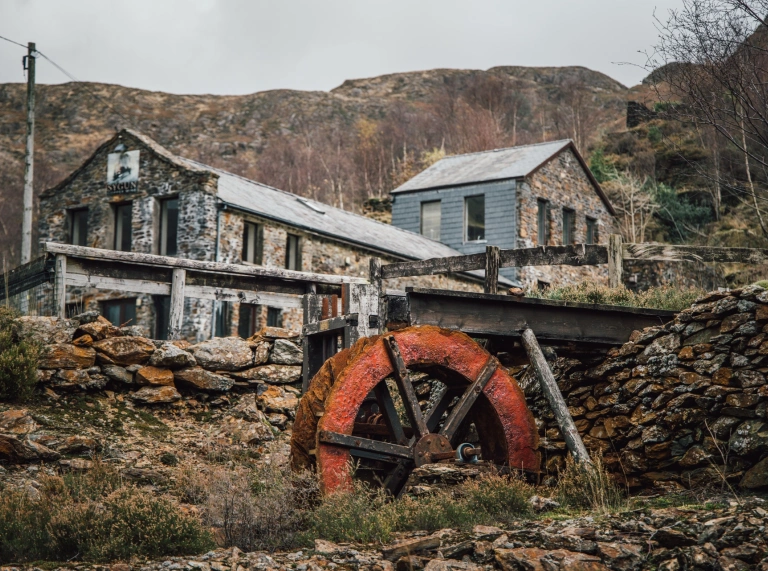
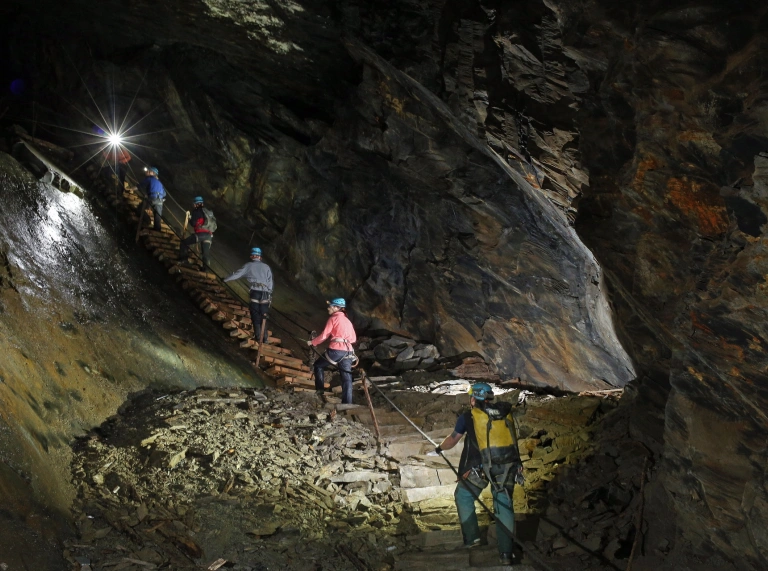
Along with libraries and online databases it is also important to note the role of Local Family History Societies when it comes to researching ancestry. There are eight of these societies focused on different regions of Wales, which are run by extremely knowledgeable staff members – often volunteers – who can assist anyone looking to dig into the history of the local area and research those who lived there. Many of the societies have resource centres you can physically visit, or are contactable online.
Other useful websites include, Addoldai Cymru (Welsh Religious Buildings Trust), a site detailing the history of various Welsh chapels your ancestors may have attended, Immigrant Ships Transcribers Guild, a magnificent resource cataloguing hundreds of passenger lists from immigration ships that arrived in, or departed from, Wales, and Archives Wales, an essential tool for finding where in the country specific archives are held.
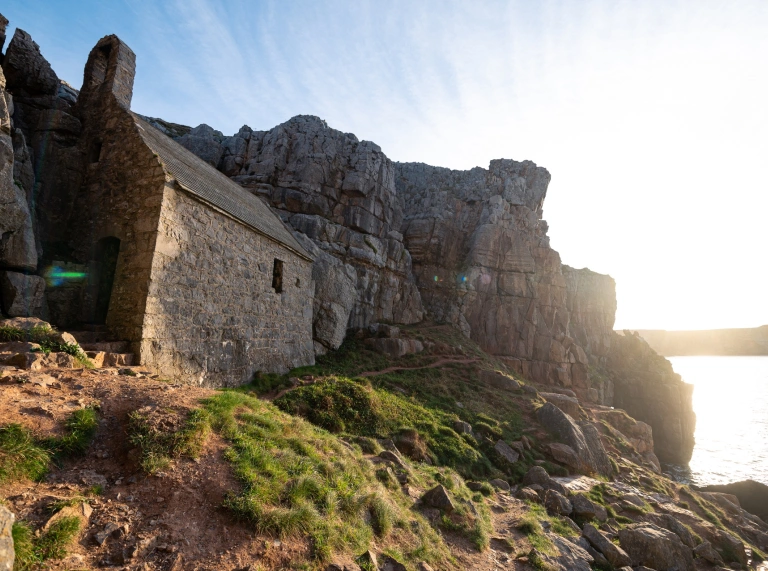
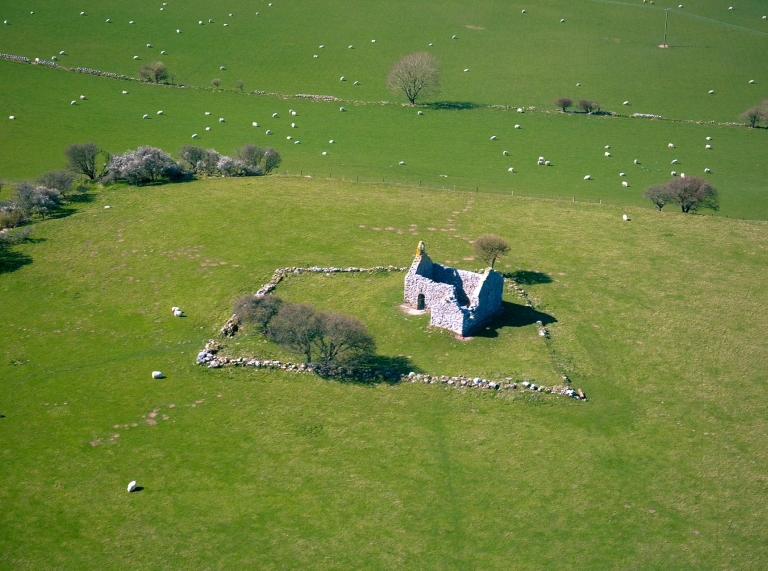
A helping hand
If you’re having trouble separating your tithe maps from your census forms, you can invest in a number of paid-for services that simplify matters with user-friendly interfaces and the ability to search multiple archives and record types in one fell swoop.
Two such examples are Find My Past, which provides exclusive online access to a number of important documents, including the 1921 Census of England and Wales, and Ancestry, which claims to filter through over 30 billion records for customers.
For a more hands-on and experiential approach, Dragon Tours runs personalised, ancestry-based itineraries for those searching for family connections in Wales. During the tours, an expert guide shuttles visitors between the various sites around Wales holding archives relating to their family history, as well as any notable places associated with their lineage. The company claims to have tracked down ancestral homes for customers, and even reunited long-lost relatives as part of the process.
More conventional private research companies, willing to take on the heavy lifting of your search from a distance, include Who What Where Research and the Pembrokeshire-based Time Machine.
Finally, organisations such as the Society of Genealogists and the Association of Genealogists and Researchers in Archives (AGRA) host frequent (and sometimes free!) online workshops for researching family heritage in Wales – providing potential Welshies with the insights they need to definitively say: Rydw i'n Gymraeg (I am Welsh).
